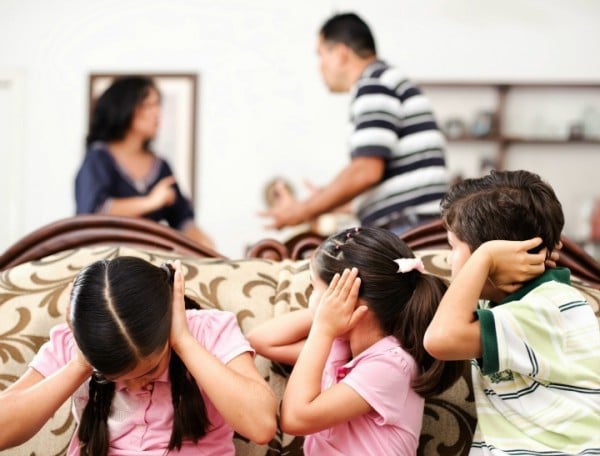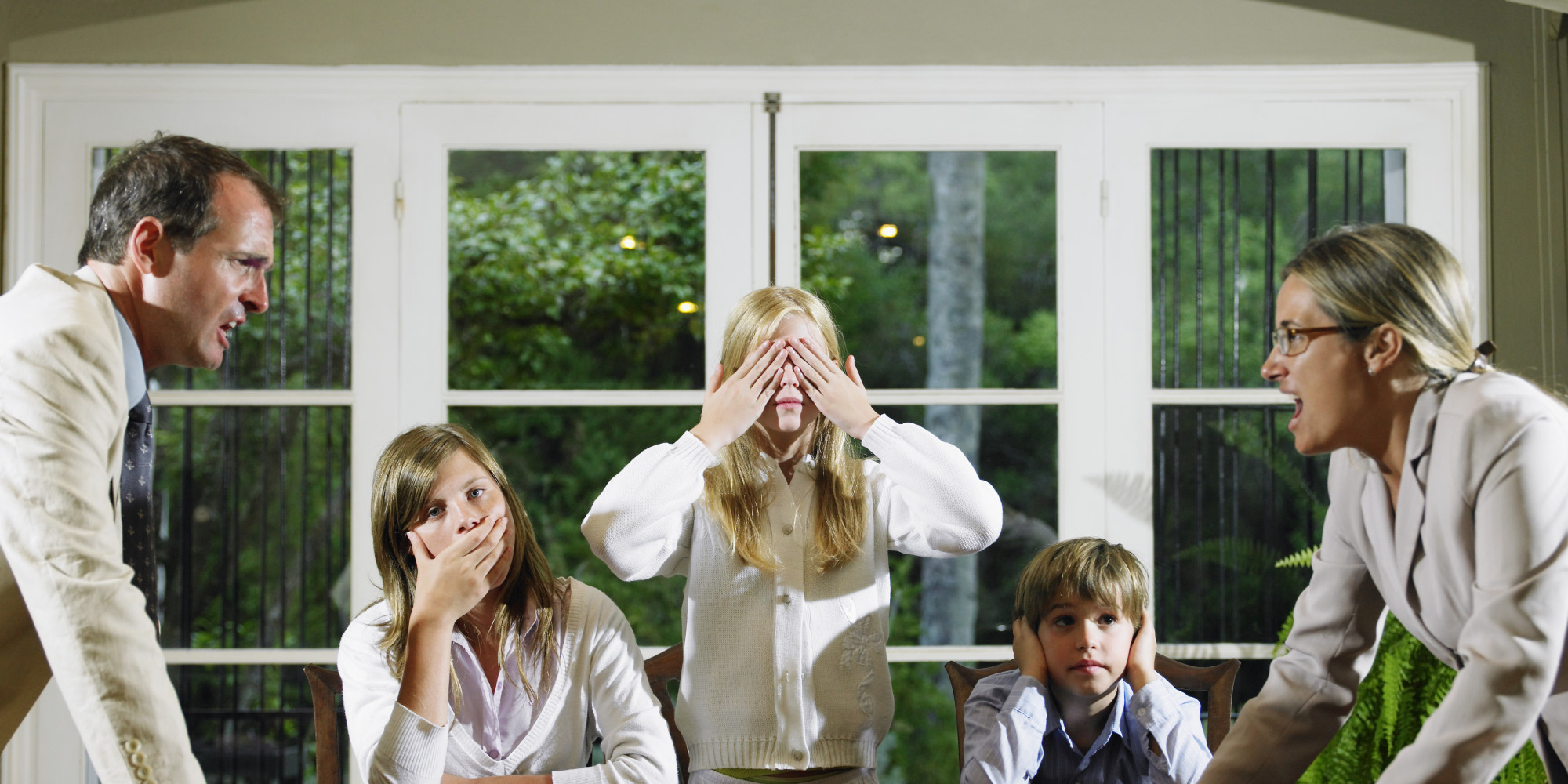

Even as their paths diverge, says Raad, “that doesn’t mean they won’t fight about things later in life ”.Īnother major driver of sibling rivalry is fairness, an idea that, Whitehead says, is deeply important to children. It’s also common for competitiveness to intensify in the teen years, says Raad, as “parents or school or sports environments create an expectation that everything’s a competition”.īut even as siblings develop more individualised identities later in life, differences can continue to drive competition and conflict – especially with brothers and sisters who were raised in the same household, yet ended up very different from one another. “I know it’s a pressure point for my daughter.” “Many, many teachers and even some family members have always commented on how smart my son is,” says Roseanne.

Roseanne says since her daughter must work much harder to maintain good grades, their differences have become a constant point of contention between the siblings. Roseanne’s daughter is talented athletically, while her son is naturally gifted academically. That chimes with Roseanne’s experience: both with her own brothers and her kids, she says being different is a major driver of conflict. “That would, in theory, reduce rivalry,” says Whitehead, “but the research is mixed.” Whitehead says some siblings try to differentiate themselves in an effort to reduce competition – especially if they’re close in age to their siblings. Yet, siblings who aren’t competing at the same activities still find ways to compete, too. It may seem ‘natural’ for siblings in the same environments performing the same hobbies to butt heads. This natural inclination to compare ourselves to other people can be a major driver of sibling competition – especially, says Raad, because our siblings tend to be the people we spend the most time with during childhood, and subsequently know the most about. And the closer in age kids are, the more intense the rivalry can be. They’re in the same environment and the same house, so they provide us a good comparative measure.”įor instance, it’s easy for siblings to compare their academic or athletic success, or jostle over who is the ‘favourite’ child, since siblings often have similar experiences (like attending the same schools). They’re in your home, growing up with you, generally within a few years of your age on average.

“Siblings provide a natural point of comparison.

“As human beings, we’re oriented towards comparison,” explains Shawn D Whitehead, a professor of human development and family studies at Utah State University, US. Why does this competition stick – and can we ever get over it? But many – like Roseanne – still feel the conflict, far after they’ve moved out of the same home as their siblings. Sibling rivalry may not seem surprising in childhood years. Some experts agree these conflicts indeed drag on. Fifty-one percent of these adults report a lasting, competitive relationship with their siblings, and said they compete over everything from home ownership to who gets to host family get-togethers. A survey of 2,000 adults in the UK, completed as a promotional effort for the television show Succession (in which siblings are constantly trying to outdo each other), showed more than half of respondents still feel they’re in competition with their siblings. For some, the rivalry lessens in adulthood, and becomes just something to laugh about at family parties.īut for others, it sticks around. It helps children learn to handle conflict and makes them better at interacting with others. In many families, bickering among siblings is formative. So, they fight a lot, as we all know,” says Dr Raymond Raad, co-founder of RIVIA Mind, a mental-health centre in New York City. “Children have much less ability than adults do to reflect on what’s upsetting them or keep their impulses at bay. Of course they do as almost anyone who has a sibling knows, some kind of rivalry is common. They’re each constantly worried about the other person, making comments, pushing each other’s buttons.” We can’t sit at the dinner table for 10 minutes without shots being flung. “For a long time, we’ve avoided doing much together as a family because we just don’t want to hear it. Roseanne has a 16-year-old son and a 14-year-old daughter who haven’t got along since they were in nursery school. We just seemed like we were in different worlds, and I think that’s part of the problem with my two now.” Some of that conflict endures, she says, even now, and it can occasionally feel like nothing has changed since childhood. “They were very much a pair, their own team, so it was always two against one,” says Roseanne, a 46-year-old mum who lives in New Jersey, US. When Roseanne was young, she says there was a lot of conflict between her and her twin brothers, who are nearly three years younger.


 0 kommentar(er)
0 kommentar(er)
